
Arts & Culture
The Oscars shift from big screen to TV stream
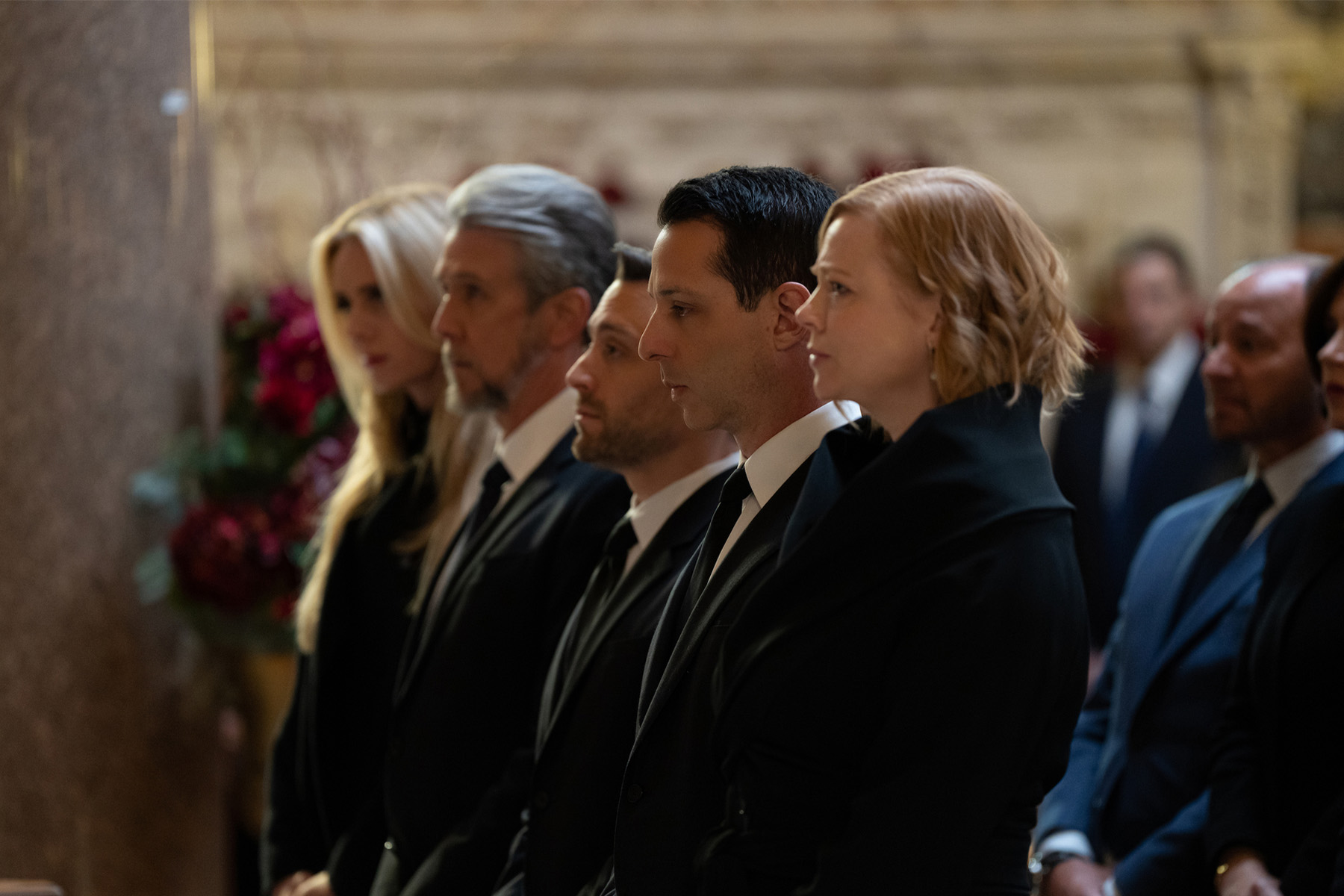
Now that it’s over, let’s discuss why it’s so good
Published 29 May 2023
“If it is to be said, so it be, so it is.” - Cousin Greg: Occasional soothsayer.
From I Love Lucy to The Underground Railroad, from Star Trek to Deadwood, from The Mary Tyler Moore Show to Atlanta (not to mention the quite astonishing number of brilliant TV shows that start with an ‘S’¹), American television dominates our TV screens.
In the best of cases, these gutsy, surprising and insightful shows are not only entertaining but work as guides, anchors, our dark fire, and in some extra special cases, they “exceed the barren tender of a poet’s debt”.
And now there’s Succession.
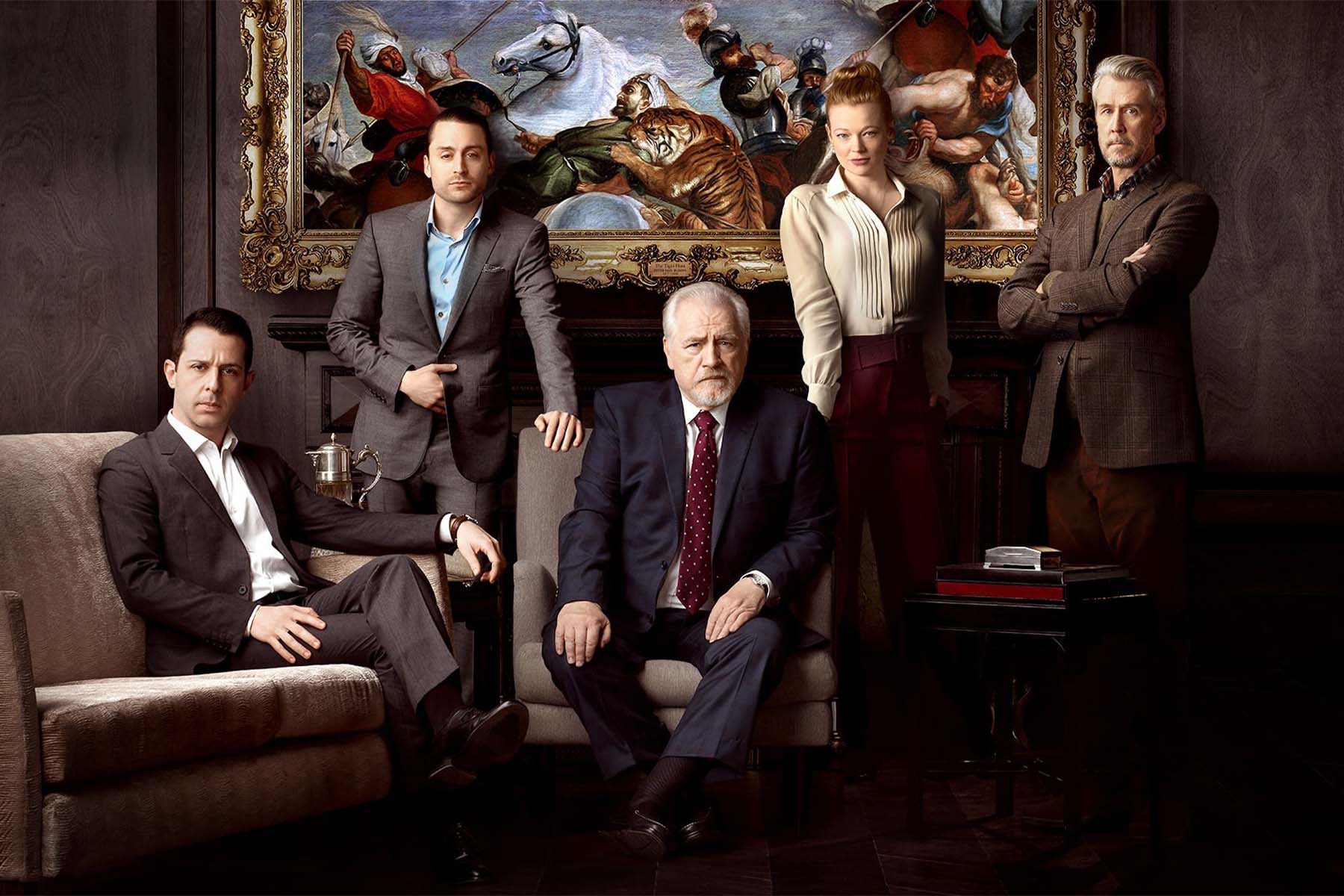
Premiering in 2018, it has won Emmys, Golden Globes and the British Academy Award for best television program. Coming in at only four seasons, it is a bit of an outlier for series TV with many other notable shows pushing on to five, seven and even more seasons.²
With only forty episodes, some people just can’t get enough.
For many of us, its completion is both cruel and wonderful (a bit like watching the show itself). Devastated that it’s over, we can revel in its fading brilliance and remark on its barbs, twists and upsets. And family continuity is an upside, right?
But will we watch it again?

Arts & Culture
The Oscars shift from big screen to TV stream
Here are ten reasons why it’ll be worth it:
Taking Rupert Murdoch and his adult children as the springboard for a dark mirror version of the same, the show could have been thinly modish, tiresomely dogmatic, weakly parodic or muzzled by the threat of legal action. Instead, Succession grabs the world of power and influence by the horns.
It seamlessly blends explosive comedy with dismal tragedy, often in the same scene, and delivers sharp observations, wit, irreverence and awe, in equal measure. And then there’s formal daring – for example, Season Four’s timeline is just ten days, that is, a day(ish) per episode!
At the heart of the work is the study of ambition itself: At a systemic level it continues to prosecute capitalism’s deep contradictions; at the personal level it vivisects the narcissistic, avaricious, self-actualising destructive, bitter, deluded, driven and wicked selves breathing such fetid air; and at the centre is the death-like grasp of the rugged individualist patriarch’s vaulting ambition, o’erleaping itself, and all who stand before it.
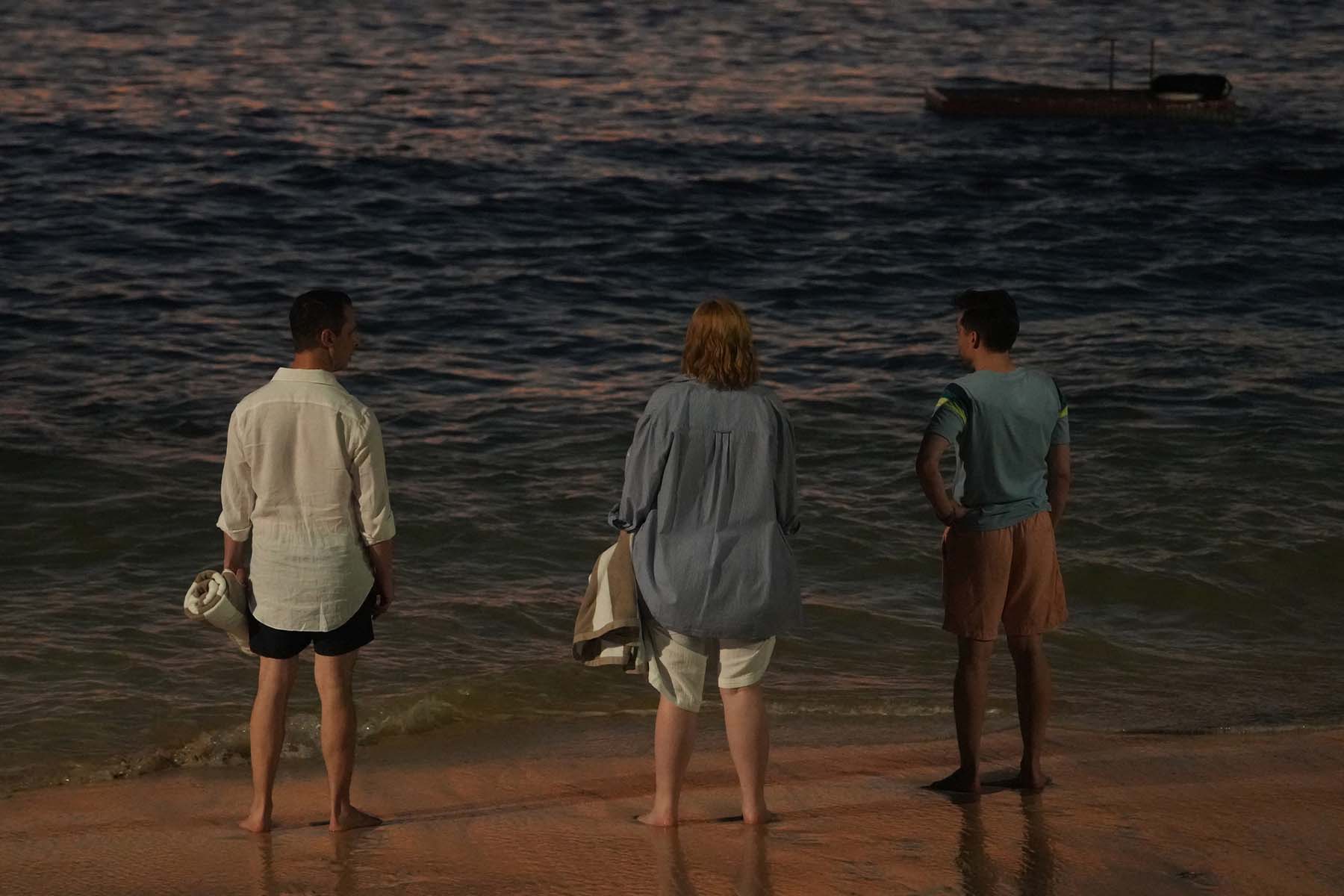
Part satire, part pastoral, part comical-historical-tragical, it is akin to Dallas or Dynasty (less the big hair and bigger shoulder pads – indeed here the comedy masquerades as tragedy) but Succession zeroes in on not only wealth and excess but trauma, sorrow and media-business via grotesquerie and fine naturalism.
It looks like a fly-on-the-wall doco – with its use of hand-held cameras and whip zoom – yet is stunningly curated and designed. It is a lux travelogue to estates, extravagant yachts and mountain retreats, but is often claustrophobically domestic.
It’s also a business primer, reckless, roiling therapy, living thought experiment and morality play. Mash-ups can sometimes just be mash, yet here the whole is greater than the sum of its parts.

Arts & Culture
The slings and arrows of outrageous fortune
When I was a kid in the country, the entire family would gather to watch Countdown to see something cool, unique, appalling, awkward, inexplicable and influential.
With Succession, Monday nights became that new night to down the tools and for the clan to gather. And the next day at work, the gasps, the favourite lines swapped, the shock, awe and dismay at the revelations/behaviour/decisions made, has been terrific.
And re-watching, we will come together again, but this time will ask: How did they actually do it?
Plato warned against the dangers of performed stories. Aristotle disagreed, however, arguing that theatre deployed pity, terror and fear, and did so to purge our souls.
Like a classical play, like a commandment, here the domestic, the political, the demos, the human, the soul, are all torched by the cleansing fire of hubris – we are confronted with our worst flaws. In Succession, the flaws require a bonfire – guaranteed to keep your soul warm.
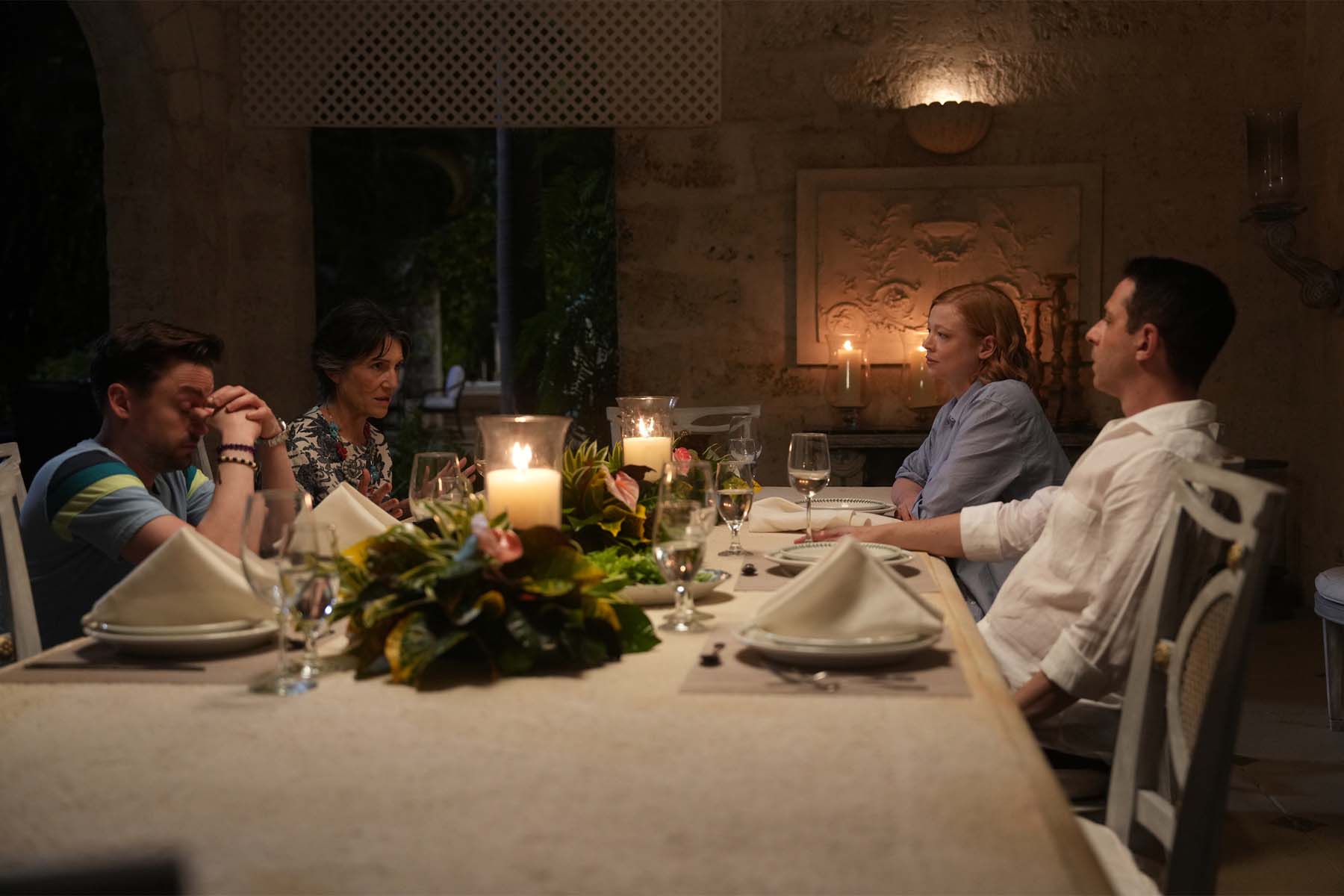
How often do you shout at the TV? Watching this show it becomes inevitable, except when it also freezes your hands in dread halfway between shielding your eyes, blocking your ears or clutching at your stomach.
You’ll also cry, cry with laughter, in misery, in fear. It’s a car crash – in one instance, literally. You shouldn’t look, but you do – and you will feel something.

Business & Economics
What we can expect from the 2023 economic ‘misery index’
Evagrius Ponitcus, a 4th-century monk, compiled what Pope Gregory later described as the Seven Deadly Sins. Evagrius was worried that just listing temptation and sin might harm his readers. He knew though that it was crucial work, with each of us needing to know our strengths and weaknesses.
Watching the wilful concatenation of vainglory, greed and lust, acedia (despondency) and tristitia (sorrow), that is Succession, it really does pack an ethical punch.
It is tempting just to assemble quotation after quotation of rebarbative, wounding, up-to-the-minute and hilarious lines and neologisms from the show. And bilious, ingenious, dyspeptic many of them are.
People even pay just to have Brian Cox – who played Logan Roy, the patriarch – swear at them.
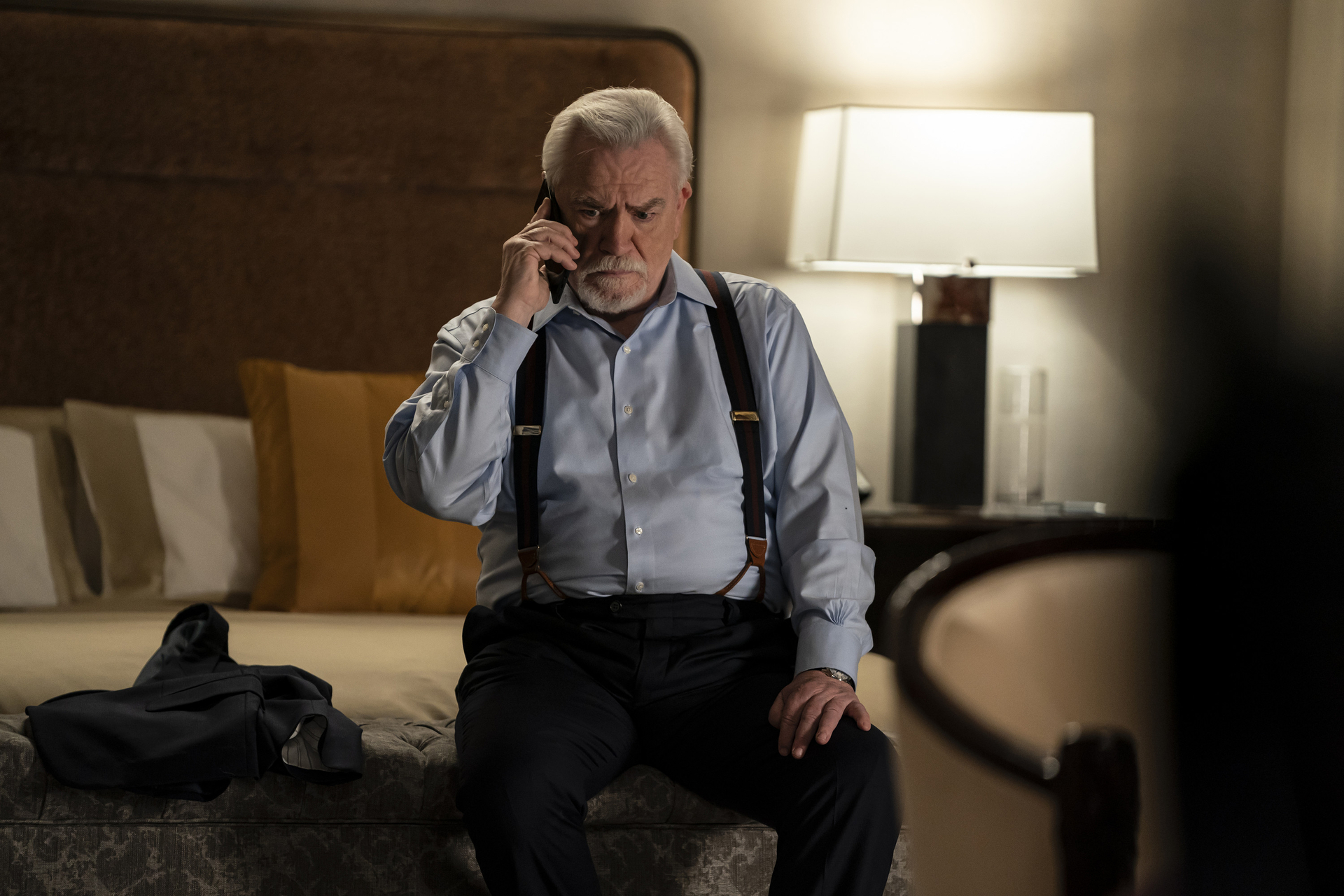
There is so much more to the show however than one-liners. It’s as if (forgive me) Oscar Wilde, Withnail (and I), Alexander Pope, Ru Paul, Patricia Highsmith, Al Swearengen, Zora Neale Hurston, Sun Tzu, Dorothy Parker, Branden Jacobs-Jenkins, Lord Bharata, Mark Twain and Bea Arthur climbed the Tower of Babel and started throwing rocks wrapped in insults scribed by Heraclitus right at us.

Business & Economics
The business leaders ‘hiding’ chronic illness
Merely just listing the character names is enough to elicit a shake of the head, knowing that they are so appalling generous, and evil. Trapped in their wicked closed loops, it’s head-spinning cognitive dissonance.
What is not in dispute is how strong each actor is, especially so in this final season where even the smaller parts are stepping up and hitting it out of the park.
Rich people, literally Les Rois, the Kings. Is it a celebration or a repudiation? Either way, they live in our world, but most are not of (or care for) this world.
How do we feel about that?
Unafraid to confront the lie at the heart of the American dream, individualism and opportunity are here under the microscope and subjected to fission. We get to watch the fallout.

Once upon a time if we missed a TV show, and even if we saw it, that was it. It was gone. Then, it was all rewinding clunky tapes. Later, we collected mini-archives of discs. Now it’s just a matter of dipping your toes in the stream – for as long as Big Stream allows it.
And with Succession, we’ve been warned repeatedly about capriciousness, cupidity and the game of piercing mortal’s hearts.
Welcome back to the scorpion party.
Banner: HBO
¹ Six Feet Under, The Simpsons, The Sopranos, Better call Saul, South Park, Severance, Seinfeld, Saturday Night Live, What we do in the Shadows, and Sesame Street, just for starters.
² For instance, Breaking Bad, Mad Men, Game of Thrones, The Americans; and just how many Bridgerton books are there?